Finding homeland
I’ve learned things don’t always translate
and the way I speak is testament to that.
The words that slip across my tongue betray me,
my mind begs for only one thing,
and when I am thrown to the edge of my seat and told to sing,
I find myself frozen.
A bird trapped in my chest—
she cries for freedom
she does not sing.
And in the hard eyes of the cashier,
the unlaughing faces,
the cold breeze of winters my people never knew,
I find myself somewhere lost.
Somewhere far gone from ancestors who harvested the crop from the old hanging tree,
who washed and kneaded and pressed and poured until jars and jars lay neatly against window
sills.
Jars poured over spices and rice,
rubbed into broken skin— mending broken hearts too.
And my people of the cedars
when the moon of loneliness hovers above me here in foreign land,
I wonder what she sings to you over there across water and mountain.
Does the sea whisper of love?
Does warm music follow you like shadow, like laughter? Does it erase all pain?
And you, you know pain more than anyone:
Your famished peoples
Your ravaged cities
Your poets who speak of yesterday and longing
Your ancient cedars that barely tremble in the wind
Your olive groves of thousands of years destroyed by war
And yet, your people, they still sing.
I see it in the morning when I am reminded by the mother crossing the street that my mother —
she crossed oceans and borders.
I see it in the church where they still sing of your cedars, still draw hope from you my homeland.
I see it in the candles lit at each new holy site I journey for— these candles, they are prayers for
you.
And in the grassland and the forest and in the mountains that I have trekked to silence the world,
to turn within to find you again dancing in my soul,
to find the music of the lute,
to find the Mediterranean that birthed people of salt and grit and beauty,
to find your vine leaves wrapped carefully around rice by children for their mothers who
wrapped leaves and sang too for their mothers,
to find the beauty of melancholy in one voice who sings for you, Li Beirut,
to dance amidst the rubble and still wear that bold lipstick, that dark kohl eyeliner because our
women are fearless—
that is to find homeland again.
A Heartache song
Today I feel the solitude so keenly.
So slowly, I have become what I’ve always known:
The trees bare in the winter.
The lilacs— their short lives, their springtime glory, their summer death.
The ancestors, their pull to a broken land I’ve always wanted to call home.
And my grandmother— a beautiful woman, a tragic forgetting.
I don’t want you to resent me for having loved you so deeply,
but I want you to remember me at least.
So I’ll sit here for a while and sing you this song
that I named after a future daughter I’ll someday have:
Oh nighttime beauty, oh moonlight song
Oh heartache— you shatter me so fiercely now.
My heart I know to be strong and yet so, so small.
And now we laugh about the sunsets, we cry over tea in our cups.
We stand silently amidst the quiet willows.
We listen for their heartbeats, we hear birds instead.
From Dima Aboukasm: I write as I feel— and I feel a lot. We all do, we’re human. For me, emotions are so big and overwhelming that at times, they consume me, they threaten to flood my brain and eye sockets and cracks in past broken bones and aches in the heart until they are allowed to be expressed. And that is why I write: to get the feelings out of my body and onto the page where they can be understood, felt, and heard at a distance that doesn’t trigger the fight-or-flight response. I write a lot about my feelings surrounding home and the homeland. As an Arab-American woman, I have danced the line between two worlds my whole life. I hope my poetry is a window into that experience, as well as a tiny piece of all the other emotional experiences that life gifts us the moment we come into this world—bloody, screaming, alive. So here’s to the power of words to express and to heal. I hope you find something in here that puts a puzzle piece in place or somehow clicks or even just makes you smile in recognition because I think there’s a piece of everyone—of the bare human—to be found in any poem. I hope you, dear reader, will find that for yourself here, amongst these poems: a place of comfort or solidarity, of tending to the wound with words.
